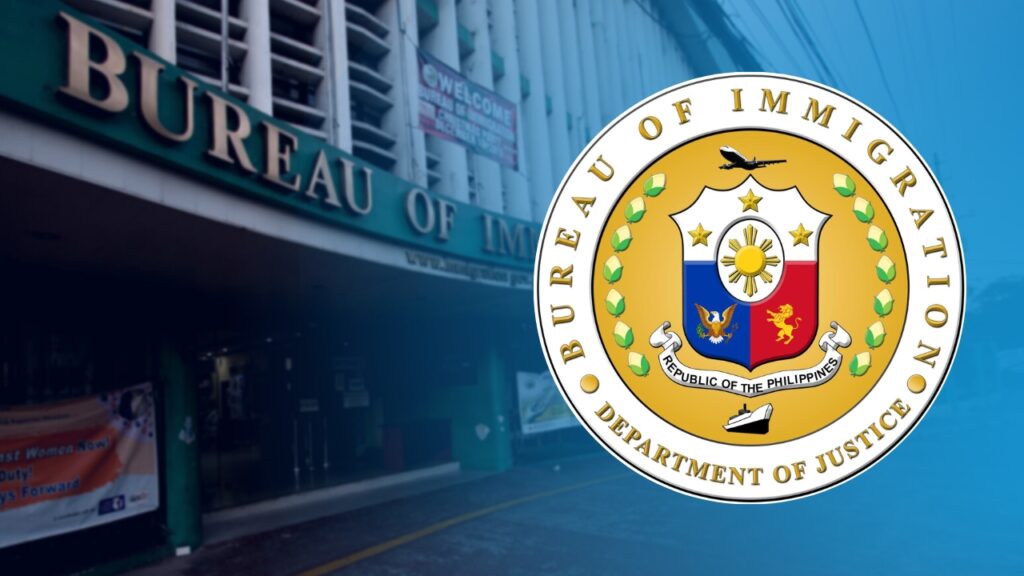Expanding into the Philippines opens doors to a cost-effective labor market, a young tech-savvy workforce, and a strategic business hub in Southeast Asia. However, one of the first things foreign employers must understand is how payroll works. Payroll in the Philippines is not just about paying wages. It also involves statutory benefits, mandatory government contributions, tax compliance, and strict labor regulations. Getting it right helps employers build trust, stay compliant, and avoid costly penalties.
What is Payroll and Who is Responsible for It?
Payroll is the process of compensating employees for their work, including computing salaries, withholding taxes, and remitting contributions to government agencies. Employers are ultimately responsible for ensuring payroll accuracy and compliance.
How do You Compute Payroll in the Philippines?
While payroll systems often automate computations, understanding the basics helps employers grasp what goes into an employee’s payslip.
Computing payroll generally uses the basic formula:
Gross Pay – Deductions = Net Pay
Payroll becomes complicated when determining what to include in the formula and ensuring it is computed consistently, accurately, and efficiently.
What is Included
- Basic salary – agreed upon in the employment contract.
- Overtime pay – for hours worked beyond 8 per day, usually with a premium rate.
- Night shift differential – an additional 10% for hours worked between 10:00 p.m. and 6:00 a.m.
- Holiday pay – premium pay for work during regular or special non-working holidays.
- Allowances and taxable bonuses – such as meal or transportation allowances.
- Withholding tax – income tax withheld by the employer and remitted to the BIR.
- Mandatory contributions – employee share of SSS, PhilHealth, and Pag-IBIG deductions, which are withheld from salary and remitted together with the employer’s share.
- 13th-month pay – a mandatory bonus equivalent to one-twelfth of annual basic salary, usually given in December. It’s computed separately and usually paid once a year.
What Isn’t Included
- Reimbursements – business-related expenses like travel or supplies.
- De minimis benefits – small benefits exempted from tax (e.g., rice subsidy, uniforms).
- Non-taxable allowances – up to government-prescribed ceilings.
The result of adding earnings and deducting taxes plus contributions is the net pay, the employee’s take-home salary.
Mandatory Employee Benefits and Contributions
Philippine law requires employers to provide both statutory benefits and mandatory contributions. In addition to regular wages, employers must:
- Remit contributions to SSS, PhilHealth, and Pag-IBIG.
- Withhold and remit income tax to the BIR.
- Provide 13th-month pay.
- Comply with labor standards such as holiday pay, overtime, and leave benefits.
Failure to comply can result in penalties, interest charges, and even restrictions on operating in the Philippines.
Key Government Agencies Involved in Payroll
Several government agencies oversee payroll compliance in the Philippines:
- Bureau of Internal Revenue (BIR)
The BIR governs the withholding and remittance of income tax. Employers must:
- Withhold tax each payroll cycle based on published tax tables.
- File monthly remittances using BIR Form 1601-C.
- Provide employees with annual tax documents (BIR Form 2316).
- Submit an annual alphalist of employees.
- SSS (Social Security System)
The SSS provides social protection covering sickness, maternity, disability, retirement, and death. Both employers and employees contribute, but employers shoulder the larger portion.
- PhilHealth
PhilHealth provides health insurance and hospitalization benefits. Premiums are computed as a percentage of the employee’s monthly salary, shared equally between the employer and employee.
- Pag-IBIG Fund
The Pag-IBIG Fund (also known as the Home Development Mutual Fund) is a government savings and housing program. Contributions are relatively small compared to SSS and PhilHealth, but timely remittance is still mandatory.
Employers must register their company and employees with these agencies and remit contributions regularly. Make sure to use the latest rates published on the respective agencies’ official websites:
Payroll Cycle and Salary Payment Rules
Under the Philippine Labor Code, employers must pay employees at least twice a month, with no more than 16 days in between. Other key rules include:
- Payments must be made on working days.
- Payment must be in legal tender (cash, cheque, or bank transfer through authorized channels).
- Employers must issue payslips showing earnings, deductions, and net pay.
- Delayed or irregular payments may expose employers to labor disputes and penalties.
How To Set Up Payroll in the Philippines
Here’s a step-by-step outline for foreign employers:
- Register your business with the Department of Trade and Industry (DTI) or Securities and Exchange Commission (SEC).
- Obtain a Tax Identification Number (TIN) and register with the BIR.
- Register as an employer with DOLE, SSS, PhilHealth, and Pag-IBIG Fund.
- Hire employees and register them with all agencies.
- Set up a payroll system to compute salaries, deductions, and contributions.
- Remit taxes and contributions monthly through accredited banks or online portals.
- Maintain payroll records for auditing and compliance purposes.
Out Task as Your Employer of Record (EOR)
Foreign businesses may find these steps challenging. Thankfully, OutTask can act as your Employer of Record (EOR). We can legally hire employees on your behalf and be responsible for their payroll.
We help employers find and grow offshore talent in the Philippines while ensuring compliance with labor laws. Our services include:
- Employer of Record (being the employer on your behalf, so that all compliance requirements will be our responsibility)
- Payroll Management
- HR Services
- Training and Equipment Procurement
- Job Analysis and Candidate Vetting
- Compliance and Benefits Management
Final Thoughts
Payroll in the Philippines can be complex due to the number of agencies, contributions, and compliance requirements. However, with proper systems and knowledge, employers can ensure smooth payroll operations and maintain good standing with employees and regulators.
Do You Need Help Building Your Filipino Workforce While Managing Payroll?
The Philippines offers an English-fluent workforce that is highly educated, tech-savvy, and cost-effective. OutTask can serve as your Employer of Record (EOR), helping you recruit top-tier Filipino talent while handling the complexities of HR, payroll, and local compliance.
Schedule a consultation with one of our experts:



